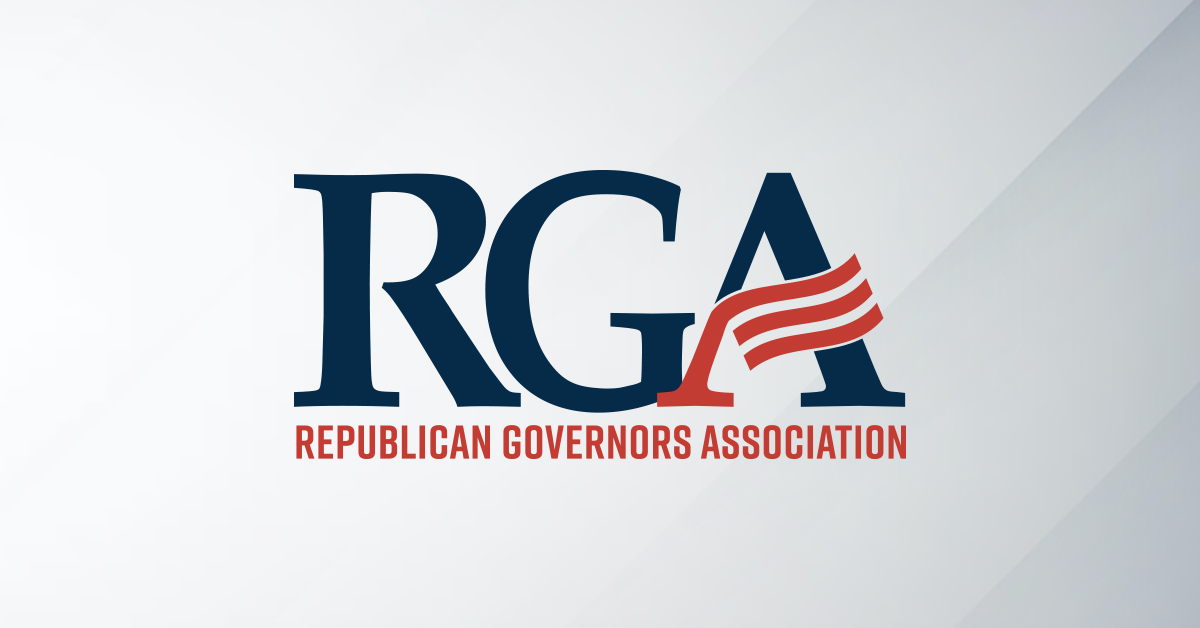
Still unwilling to confirm whether he plans to run for Ohio governor in 2018, Richard Cordray remains at the center of a growing list of scandals regarding his role at the CFPB. But now after reports that Cordray funneled tens of millions of dollars in federal contracts to Democrat ad makers and may have used his government email to handle campaign-related correspondence, he is facing new accusations of creating a “culture of political discrimination” at the CFPB.
According to a former CFPB enforcement attorney, “Republican applicants were regularly ruled out of agency jobs” as screening techniques improved under Cordray’s watch, allowing him to keep the CFPB “staffed with Democrats, top to bottom” so he could use it to pursue his left-wing, anti-business political agenda without internal dissent.
Cordray’s partisan hiring practices in the CFPB represent the latest chapter in a long list of disturbing developments regarding Washington D.C.’s most power-hungry bureaucrat. As Cordray continues to give “no comment” about his potential Ohio gubernatorial bid while scandals pile up around him, he shows Buckeye State voters how little they should trust him.
The Washington Examiner writes:
“Richard Cordray, longtime director of the Consumer Financial Protection Bureau, may be using his government email to play politics. In late July, Cordray’s plan to run for Ohio governor in 2018 leaked. Within days, Cordray received a message with an offer to help with his potential campaign, which he then forwarded to a redacted email address.
The Hatch Act prohibits federal employees like Cordray from using government resources for political activities. Kendra Arnold, executive director of the Foundation for Accountability and Civic Trust, claims the email exchange could violate the Hatch Act. In her words: ‘Simply receiving a partisan email and forwarding it to your own personal account is not a violation of the act. In this case, though, we do not know who Cordray forwarded the email to because of the redaction. The fact that the email was about Cordray running for office makes it incumbent on Cordray to explain.’
Perhaps that explanation will come someday. Given the CFPB’s history of partisanship, we are unlikely to get a satisfactory one. This is the same agency that regularly awards public relations contracts to former President Barack Obama’s go-to advertising agency, GMMB, staffed by prominent Democrat politicos. In fact, the CFPB’s nearly $45 million in federal contracts accounts for three-quarters of the agency’s total federal funding stream. Viewed this way, it begins to resemble a spoils factory, a slush fund for the professional Left.
It’s strange activity for a supposedly independent consumer protection agency, but that’s only the tip of the iceberg. According to Federal Election Commission data, 100 percent of political contributions made by CFPB employees during the 2016 election cycle were given to Democratic candidates. Even the Obama administration’s Justice Department was more diverse in its workforce’s political preferences.
The CFPB more often resembles a Democratic campaign than a government bureaucracy, which skews the agency’s hiring process. According to Ronald Rubin, a former CFPB enforcement attorney, Republican applicants were regularly ruled out of agency jobs. ‘As screening techniques improved, Republicans were more easily identified and rejected,’ Rubin has said, resulting in a culture of ‘political discrimination.’
The master plan, according to Rubin, was an ‘enlarged new agency … staffed with Democrats, top to bottom. There would not be a Republican director nominee for at least five years, and if one was ever confirmed, entrenched left-wing managers could undermine attempts to weaken consumer protection.’”





See the latest videos from RGA
Watch our videosHappy Independence Day!
Always proud to be an American!🇺🇸 https://x.com/GOPGovs/status/1941089615127163218/video/1
I want to congratulate @POTUS, Senators @berniemoreno and @SenJonHusted, and Ohio’s Congressional delegation for today e…
Follow RGA on Twitter
Follow RGA on Facebook